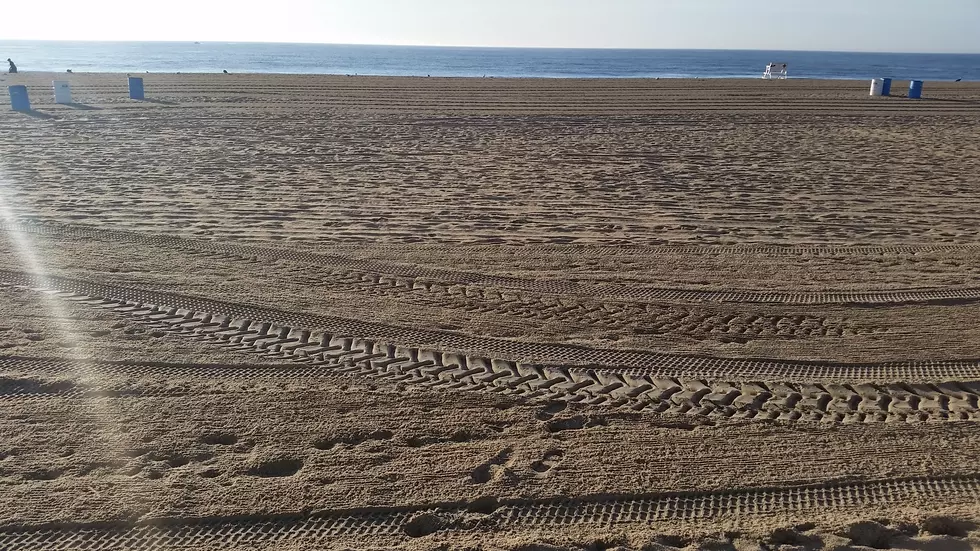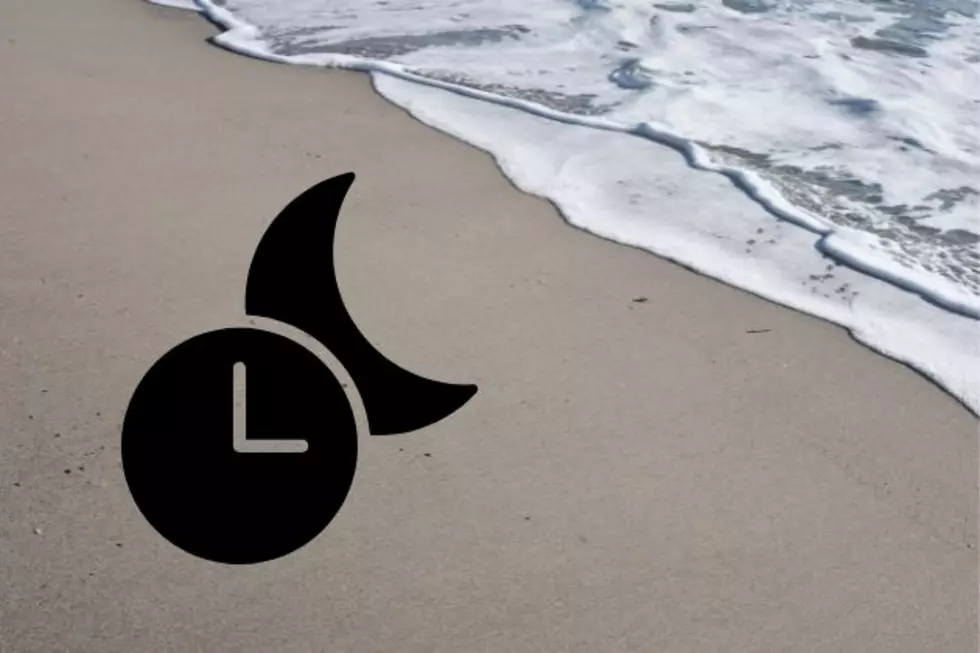
Study concludes that beaches stay contaminated longer than ocean
The water at New Jersey beaches is constantly being tested for contaminants but a new study suggests that the sand should be tested too.
A study by the researchers from the University of Hawaii at Monoa published in the journal of Environmental Science and Technology concludes that while contamination and bacteria disperses quickly in ocean water, two forms of fecal bacteria, Enterococci and Clostridium perfringen stick to the sand and takes longer to break up.
The study found that ocean water helps to disperse the bacteria.
"The different decay rates of wastewater bacteria in beach sand and seawater indicate that beach sand needs to be considered carefully in assessing its impact on water quality monitoring and public health," said the the researchers.
The Clean Beach Council tells National Geographic that the bacteria itself is not much of a danger to humans. However, microorganisms that are harmful to humans could be present.
Water quality, meanwhile, has been good overall at the Jersey Shore this summer and is monitored daily by the New Jersey Department of Environmental Protection. A small sewage leak led to 3 beaches in Ocean City being closed on Thursday because of high levels of bacteria. Additional testing will determine if the beaches will reopen on Friday.
MORE COVERAGE:
- Contaminated Sand May Make Beachgoers Sick, New Study Says / ABC News
- Beach Bacteria Warning: That Sand May Be Contaminated / National Geographic
More From New Jersey 101.5 FM









